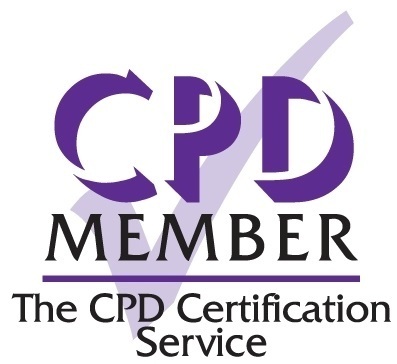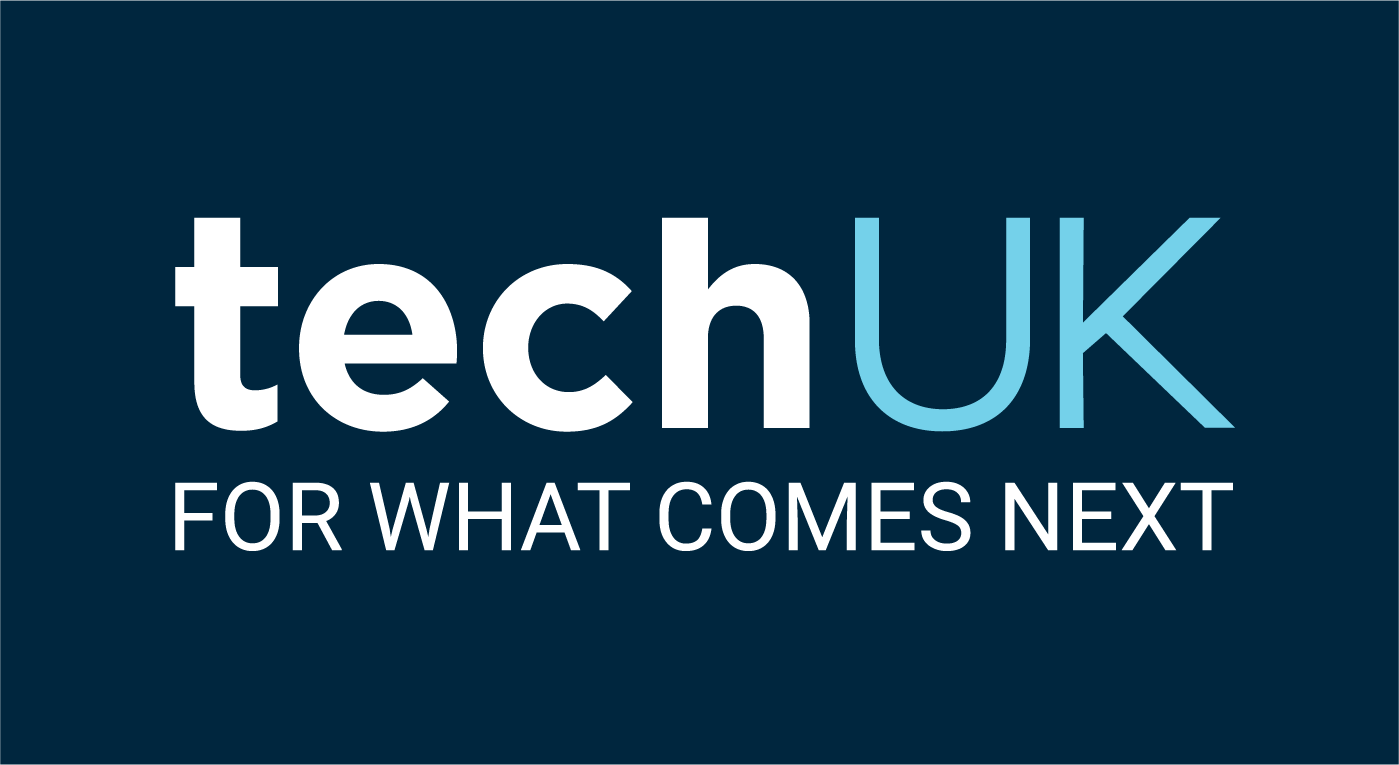
Digital health change & training – the 5 levels of good learning and adoption
These days most digital health programmes, large or small, allow time and resources for training. […]

April 1st 2022 will see regional health and care systems being given statutory body status in England. Each Integrated Care System (ICS) will become responsible for strategic healthcare planning and allocation decisions, and accountable for spending and performance within its boundaries.
With such big changes ahead, developing ICS organisational maturity will be key to success. The new ICS Design Framework, ‘What Good Looks Like’ (WGLL), is aimed at supporting this development, focussing on 7 key measures:

ICSs will need to develop transformation strategies that pull together these 7 areas through delivering organisational change, and connecting and digitising care to remove silos and improve both care pathways and citizen experience.

It is widely recognised that the components of successful transformation are People and Process with Technology utilised as a key enabler, though not as a fixer of problems. Good governance is essential, as well as robust inter-organisational processes, and empowered citizens and staff. Winning the hearts and minds of all stakeholders through genuine inclusive engagement and open communication is fundamental to success.
There will always be the challenge of prioritisation and finding the balance between mandatory initiatives, citizen and staff expectations, resources (human and financial), and finding ways to improve patient care and reduce costs and waste. Real world examples and recommendations from peers at other ICSs can help with prioritisation and with understanding the associated capacity and capability requirements, creating a stable foundation for developing organisational maturity and for the supporting change management and digital transformation that will drive real-term ROIs and benefit realisation.
A comprehensive approach is needed that considers the key areas of clinical and social care, governance, and technology.
As the UK’s leading HIMSS Digital Health Technology partner, Ideal has worked with 14 ICSs in the last 18months to conduct maturity assessments from the perspective of continuity of care across each ICS, with domains and focus areas that are aligned with the ICS Design and WGLL Frameworks.
We have engaged with over 120 organisations to develop a comprehensive view of ICS organisational maturity, including secondary and primary care, community and mental health, social care, ambulance services, private and third sector providers and, in some areas, housing organisations; all too often forgotten as important influencers of public health.
1. The Citizen/Patient Experience
A prominent and important focus area, this should not be considered as simply a benefit of better joined up care. Engagement and co-design, utilising citizen councils and workgroups, should become the norm, since it is a major driver of transformation. Incorporating user experience (UX) design also demonstrates an organisational culture that is genuinely citizen-centric.
2. Shared Care Record (ShCR), Health Information Exchange (HIE) and Personalised Health Records (PHR)
Interoperability and data sharing needs to be meaningful, ensuring that the right data is available on demand, wherever and whenever it is required, but in a way that can be interpreted easily by the person viewing it. A one size fits all approach will not work and each will need its own development roadmap.
3. Population Health Management (PHM)
ICS-level Data and Analytics strategies should be in place before tackling PHM. This should not simply be a top-down analytics approach focusing on risk stratification and predictive analytics. Robust data quality (which is an ongoing requirement) should be considered when connecting data warehouses, EPRs and other repositories into ‘data lakes’. Without quality data, the issue of ‘rubbish in – rubbish out’ becomes very real.
4. Care Co-ordination and Flow
The most common complaint from health and care providers, and from citizens, is the lack of co-ordination of care. Large variations in discharge/transfer procedures, inability to see patient details, handover failures, and the loss of patient data between organisations all lead to increased clinical risk, significant waste of time and resources, and frustrated staff and citizens.
1. Organisation
Having a Digital Transformation Board which has good senior-level attendance and mandatory clinical and care representation is crucial. However, this should have direct links to the ICS Board, clinical and care groups, and patient/citizen councils. Each of these need clear terms of reference and communication routes to avoid creation of working silos. Communication to staff and citizens will also help manage expectations around timescales and changes, mitigating perceived lack of pace and progress.
2. Strategic Alignment
Acting as one can be an issue, but commonality of purpose with aligned ICS and partner strategies is essential. Clear, planned and regular communication is again essential.
3. Information Governance
Data sharing has improved, but is by no means standardised and the time it has taken to agree data-sharing agreements has caused strain and delayed progress. “Borrow” them from where they have been successfully applied elsewhere.
4. Workforce Enablement and Learning
This is what will define the successful adoption of SHCRs, or doom them to being “just another system”. Availability, format and setting for learning all have to be considered. As with any other enterprise-level system (EPR, EPMA, etc.), reliance on e-learning alone will not be sufficient. Clinical and care staff will have different needs depending on how a SHCR is integrated into their own system (or as a separate system), so optimising learning management is essential.
1. Infrastructure and System Capabilities
Most of the infrastructure in place for health and care has been developed from a history of silos. Specific attention to infrastructure at a regional level needs to be considered, including use of cloud, machine learning and automation alongside network design and accessibility. Speed to access records and data, as when required regardless of location, are important considerations, as are resilience, security and sustainability as mandatory requirements.
2. Person Enabled Health and Care
Technology-enabled care features in many digital strategies and can improve a citizen’s compliance and engagement with their own care, reducing urgent interventions. Social care has much to offer in developing these solutions, as they have been utilising telecare and remote monitoring and home care solutions for many years. These models can be leveraged for broader integration of devices and apps. Many ICS now include digital inclusion as a priority in their transformation strategies to improve accessibility and citizen choice.
1. Vertical integration
Some provider organisations have poor digital maturity with limited capability to merge their own internal IT systems, let alone share across care boundaries. This will make it more complex to connect to the ShCR and risks dropped data and incomplete information arriving with clinicians and care workers.
2. Culture
There are still significant numbers of paper-based processes despite the prevalence of digital solutions. This suggests more thought needs to be given to the process and people change aspects of digitalisation when introducing new solutions to truly transform how staff work. Covid-tired staff and ‘change fatigue’ are real issues.
3. Data strategy
Having a clear shared data strategy, noting who owns the data, remains a gap for many ICSs. This should be developed within the Digital and Data Strategy to ensure clinicians and care workers know what they are viewing and where from. Clarity around data origin will also ensure datasets can be combined and analysed prompting action earlier and smarter patient interventions, or informing the redesign of services.
4. Scale of change
There are frequently too many projects needing rationalisation and prioritisation. This appears to be most pertinent for smaller organisations which have to address each project with far fewer staff resource and money. “Parity of voice” for smaller organisations within ICS would support more realistic project plans. Levelling up funding should be actively pursued.
5. Maximise resources
Given shortages of digital and data analysis staff, there is opportunity to build shared service across ICSs. This would maximise skills availability, providing better career pathways for staff and sharing teams for major projects and programmes. Resources will be an issue moving forward and “pooled” resources and expertise create SMEs within individual organisations and longer term sustainable support for the further development of systems, managing change and engendering a culture of innovation.
6. Digital capabilities learning and digital literacy
Many staff recognise the need to up-skill digitally. This is also required in the wider population, building upon the advances during Covid. Learning from other areas and regions requires more systematic approaches to avoid reinventing the wheel. Consider staff sharing, or seeking a mentor ICS or learning partner would be a quick way of addressing this, undertaking organisational raids for best practice.
7. Scaling up the Shared Care Record
MVS 1.0 is merely a first step and in many cases there is a gap between meeting the criteria and having a meaningful SHCR that delivers benefits to health and care staff. Additional guidance is due by end 2021 on wider implementation of shared care recors in 2023/2024. Incorporating staff experience (UX) must be utilised to create an agile/iterative development roadmap to ensure frustrations do not derail progress. Bi-directional communication and engagement is required.
1. Assess maturity against WGLL criteria and focus resources into levelling up; an ICS is only as mature as its least mature organisation.
2. Agree top 10 shared actions within the ICS Strategy with lower priority actions phased into a clear roadmap gradually, appreciating and sequencing the individual partner activities that must happen first (or concurrently) to achieve the overall ICS ambitions. Don’t try to boil the ocean!
3. Define a Data Strategy with clear data origins, develop bi-directional data flows and phase 2 of the ShCR. Develop an HIE approach within the data strategy to ensure EPRs, the ShCR and PHRs align to provide clear patient data flow between systems and devices.
4. Address ‘digital literacy’ and inclusion across the partner organisations and the wider population to help support current and future digitally-enabled health and care solutions.
5. Adopt a patient journey approach to designing digital solutions across boundaries, assessing pathways and clinical/non-clinical journeys to help inform future requirements and improve handovers, continuity of care, and data flows to all involved.
6. Consider wider super-regional requirements for a regional shared care record, given out-of-area patient flows and Ambulance Services operational realities, learning from existing LCHR/regional care records.
7. Engage citizens/patients directly in the co-design and development of digital services appreciating the particular requirements arising within certain groups to support digital inclusion.

These days most digital health programmes, large or small, allow time and resources for training. […]

There are 5 critical paths required for a successful EPR implementation and many potential blockers […]

There are many challenges in data validation in the mental health space, with the need […]
"Ideal Health contributed towards the success of our Apollo Programme. They provided a team of 100 trainers who collaborated with our programme leaders and trainers to develop training materials aligned to our training strategy. Together, they created 800 engaging e-learning modules and delivered face-to-face training to over 30,000 staff across multiple locations. This comprehensive approach ensured that our workforce was well-prepared for the Epic programme's go live."
“For the implementation of our EPR+ programme, the Trust needed a partner who we were confident could help us successfully deliver the system. Ideal demonstrated an approach which married up to our requirements”
"A big shout out to the Ideal Health team for being super friendly, flexible, and approachable. The more we work together, the better it gets. Familiar faces become part of the Go-Live team, learning the geography and culture of the organisation. Including the Ideal Health management team behind the scenes, we always feel fully supported with a "can-do" attitude that helps us make improvements every Go-Live. For those returning for the March Go-Lives, I look forward to working with you again!"
“Perot Systems has worked with Ideal on provision of floor walking services to support large scale Cerner implementations. The success of the implementations and the smooth execution of the go lives have rested significantly on the success of the services that Ideal Training provide. The staff themselves are extremely knowledgeable in both the product and the NHS operations they support with specialist SME’s provided as demanded”.
“The trainers supplied by Ideal did a very thorough job in preparing staff at the Royal Free, including adapting the programme to meet the needs and availability of the consultants. The trainers further enhanced the service by gathering information from the shop floor and feeding back to the training team. We were delighted with the service we received from Ideal”
“We recognised the enormous impact a good floorwalking team has on the success of project implementation. With Ideal Training’s previous track record and experience in Cerner implementations, we felt confident in the service offered and would certainly consider working with them in the future”
“Ideal were a valuable partner as we engaged operational teams to translate our high-level ambitions into a meaningful vision and digital objectives. Their impartiality and customer focus meant they were able to communicate clearly with colleagues, identify common problems, and sensitively move past stress and ‘pet peeves’ to get to the heart of the difficulties our teams were experiencing in accessing the right information day to day”
“The trainers Ideal provided have been brilliant. They not only provided the highest quality training and feedback, but were always prepared to go the extra mile when needed. Thanks for helping develop a relationship that we can rely on and when we’re looking for capacity to roll out the rest of eRecord we’ll be on the phone. Look after the trainers we’ve had – they’re a great bunch”
“Ideal made a big difference. By using Ideal as the foundation of our floorwalking support, and augmenting this with Trust staff, we were able to ensure a constant, capable presence with our end-users 24/7. This would not have been possible without Ideal and reduced the impact on the wider Trust saving us from having to pause additional activity.”
“The E-Learning Development Manager from Ideal worked closely with my Training team to develop e-learning content for Maternity. The modules delivered were concise, thorough, and easy to absorb. The structure was clear, logical and effective, and included elements of interactivity and video. There has been a lot of praise by the SMEs and staff regarding the high quality of the work produced on a very complex specialty. I found working with Ideal to be a very positive experience. I would highly recommend for any related work”
“Ideal has an excellent reputation as a top-class training provider working exclusively in the health sector. With their experience and demonstrable track record in delivering IT training solutions to NHS organisations, Ideal was the clear choice for BT and Connecting for Health”
“Ideal demonstrated great agility in supplying experienced support for the Trust’s EPR requirements and mapping exercises. They showed great flexibility in meeting the Trust’s needs, clearly articulating the approach and costs associated. This coupled with advice and experience enabled the ‘As Is’ and ‘To Be’ processes mapping to complete to time and quality”
“Ideal's Digital Maturity review has enabled us to refocus our Digital and Data Strategies post-Covid, appreciating which shared and individual activities could support our ambitions for digital healthcare in our area. We are now taking the recommendations forward via a series of workshops across ICS partners to reprioritise and plan our next phase of activities”
“We were most impressed with the calibre of floor walking staff supplied by Ideal. They were highly professional in their approach and demonstrated a fully comprehensive understanding of the system”










